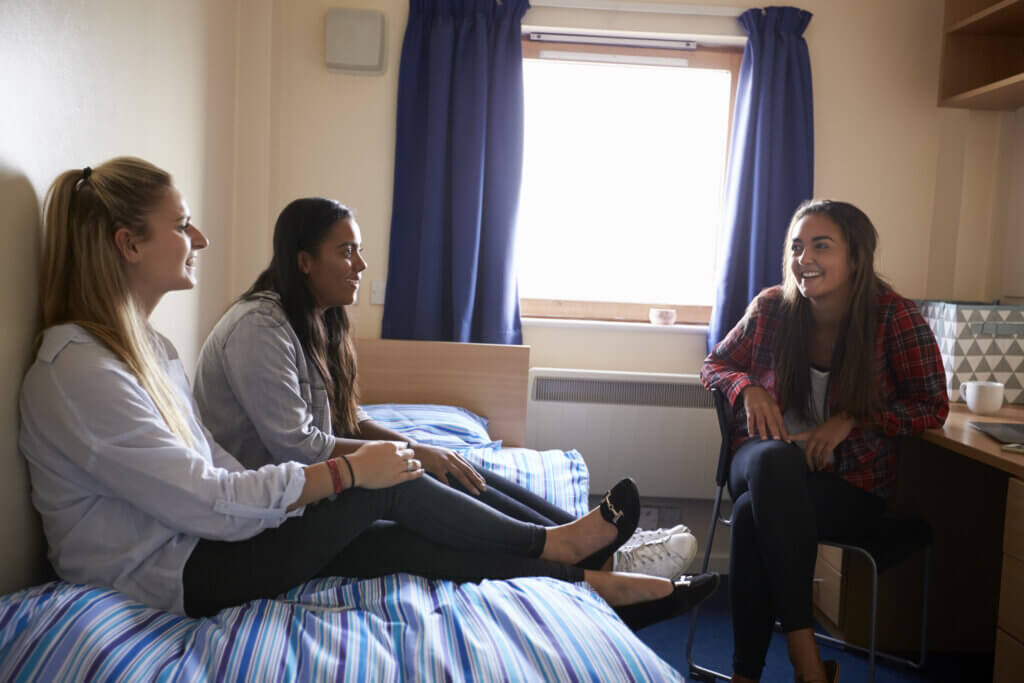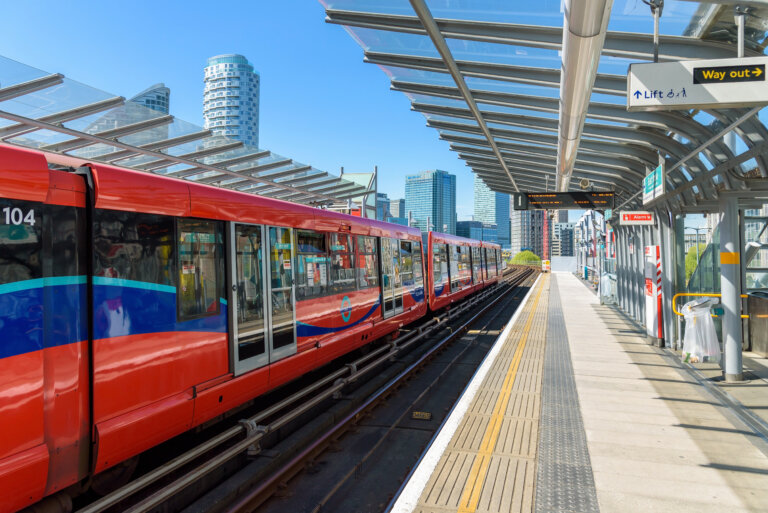Where To Live in London
Wondering where to live in London? Look no further. We’ve got the latest advice and top tips on where you should settle down while studying at UWS London.
Let’s start by understanding the zone system.
London’s divided into nine zones, with Zone 1 being Central London and Zones 6-9 making up Greater London.
UWS London is in Zone 2, so you know.
Here’s a top tip: the closer you move to Zone 1, the more expensive accommodation tends to be. So keep that in mind when making your decision.
When it comes to choosing where to live, it depends on your budget, your preferences regarding location (you’ll probably want to be near the campus), and the availability of transport links nearby.
Let's Talk Renting!
- Let’s talk about when to start looking for a place. London’s private rental market moves quickly. Private properties are typically advertised only one or two months before they become available for move-in. Rooms in private halls of residence are usually advertised earlier in the year.
- As an international student, visiting accommodation beforehand can be tricky. If you’re planning to move into privately rented houses or flat shares, viewing the property before signing any contracts is highly recommended to avoid falling into dangerous scams.
- So, reserving temporary accommodation like a hotel or guest house when you first arrive in the UK is a good idea. Once you’re here, you can start exploring longer-term accommodation options. Don’t forget to take advantage of your university’s house-hunting support during this process.
- Now, where should you look for properties? Well, companies like Sanctuary Students, Unite Students, and O2O London are great places to start. You can also check out Londonist DMC, a student accommodation agency that provides short and long-term options. Additionally, websites like Gumtree, MoveFlat, and Reddit London Homes are worth exploring.
- When renting a property in London, it’s common to go through a letting agent. They act as a middleman between you and the landlord, ensuring a safer and more reliable service. Just keep in mind that letting agents charge a fee, which may vary. So take your time to shop around and read reviews to find the letting agent that suits you best.
- Finding housemates is easier than ever with websites like spareroom.co.uk. You can connect with potential flatmates in London through these platforms. They can help make your living situation more enjoyable.
- Now, let’s talk explore the types of accommodation available. It’s important to take your time and choose a place where you’ll be comfortable throughout your studies. Here are two main options:
What's The Difference?
Private Halls of Residence:
These halls are not owned by the university but offer the chance to live with students from other institutions. They usually provide shared flats and studio apartments with excellent communal facilities. Some advantages include bills being taken care of, modern facilities, convenient locations, sociable setups with social events, regular cleaning, maintenance staff for added security, ensuite bathroom facilities, and car parking. Plus, you have separate tenancy agreements, so you’re not responsible for replacing a flatmate who decides to leave. The downside is that private halls can be more expensive and offer less independence compared to renting a private flat or house-share.
Private Renting:
Another option is to rent by sharing with other students or living alone. This type of accommodation gives you independence and the freedom to live as you want, within reason. Keep in mind that cheaper houses may have drawbacks like size, location, or quality. So, you and your housemates should prioritise what matters most to you. Remember that areas further away from Zone 1 tend to have lower rental costs. Websites like Gumtree, MoveFlat, and Reddit London Homes can be helpful in finding private rentals.

When renting privately, you’ll enjoy independence and flexibility with your furniture and decor. Private renting is usually cheaper than private halls, and a house-share can be even more cost-effective if the expenses are shared among several people. However, keep in mind that you’ll be responsible for sorting out everything yourself, including leasing with your landlord, handling paperwork, managing bills and payments, cleaning and maintaining the flat or house, and buying household items when needed. Also, be aware that older houses may have issues like coldness, dampness, or general disrepair.
Here are some quick tips to keep in mind:
- Be extra careful when attending property viewings. Landlords may not always point out any faults, so take your time to look for signs of dampness, mould, broken switches or sockets, and signs of pests. Consider the area during both day and night.
- Don’t feel rushed to sign a contract right away. Take the time to read it thoroughly. Your university may offer a contract check or review service that you can utilise.

Ultimately, the most important thing is to find accommodation that suits you and makes you happy, comfortable, and safe. There’s no wrong choice as long as you feel good about the property you choose.



